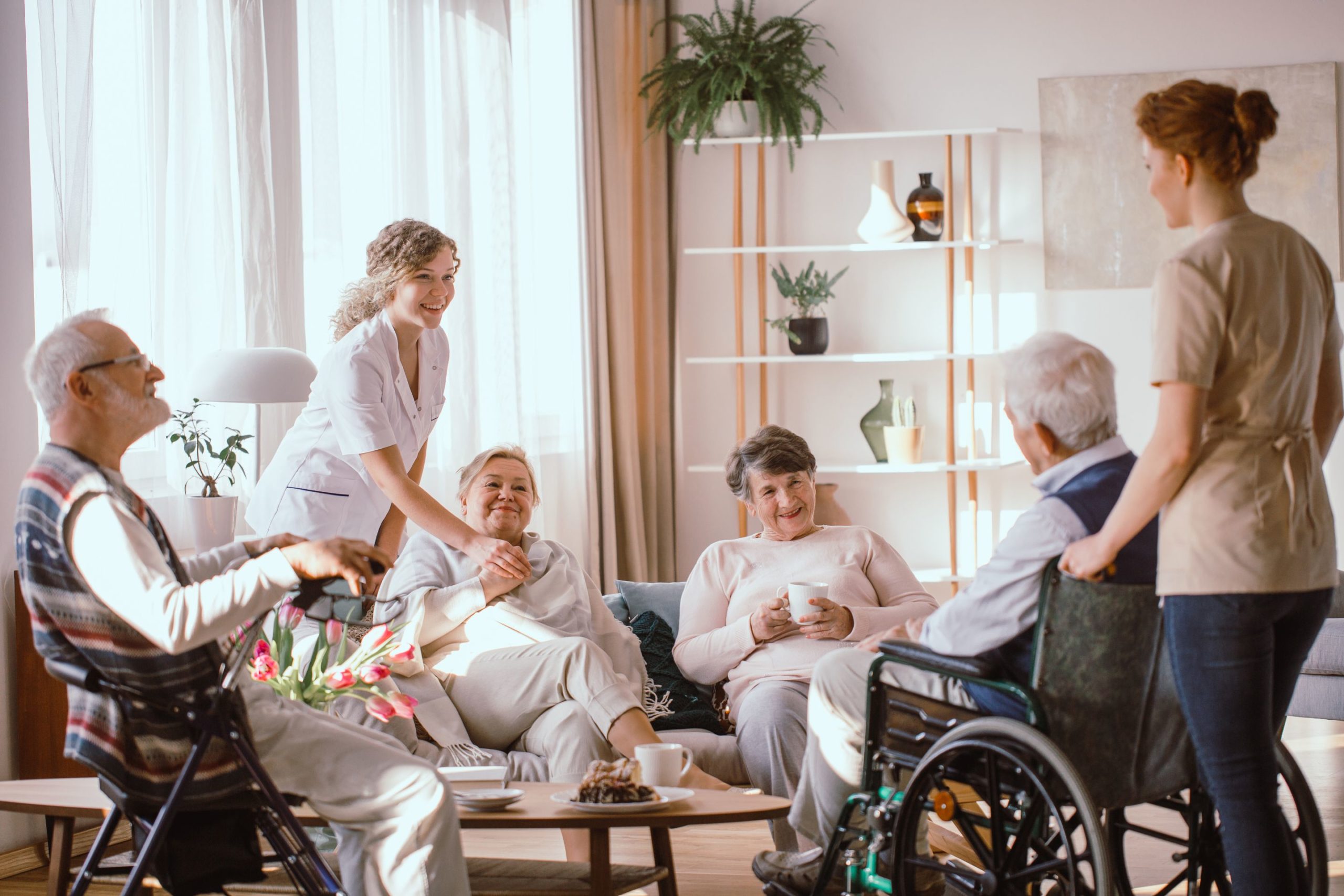
Emergency Planning
Making an emergency plan with family members is important. The plan should include posting emergency phone numbers near phones and choosing local and out-of-state people to call if separated. Also plan two emergency meeting places: a place near home in case of fire and one outside your neighborhood in case you can’t go home after a disaster. You can find more emergency planning information at www.ready.gov or www.redcross.org.
Disaster Preparedness
Reasonable disaster preparations will probably include the following:
- Keep at least a 3-day supply of water, food, medicines and medical supplies on hand. Each person in the household needs about a gallon of water a day. Food should be nonperishable, either packaged or canned. Don’t forget a non-electric can opener. (Consider pet food also.)
- You should keep an extra pair of glasses, a battery-powered radio, a flashlight, and plenty of batteries in your kit. Some people also put in an extra set of car keys, some cash, and a credit card.
- You may also want to consider the special needs of infants, the elderly, or disabled family members by including things like a pacemaker serial number or infant diapers and formula.
- Have walking aids (cane, walker) near you at all times.
- Keep extra emergency supplies at your bedside and by your wheelchair.
- Have a whistle near you to signal for help.
- Ask two people you trust to check in on you after any disaster.
- During an earthquake or explosion, if you are in bed or out of your wheelchair, stay where you are and cover your head and neck.
- If you are in a wheelchair during an earthquake, stay in it and go under a doorway that does not have a door. Cover your head and neck with your hands.
- Stay away from windows that may shatter.
- Fasten shelves securely and bolt bookcases to the wall. Put large, heavy objects on lower shelves and don’t hang mirrors or pictures over the bed.
- Secure the water heater with a thin metal strap screwed to the wall studs. And learn how to shut off water, gas, and electricity.
- Listen to a battery-powered radio for the locations of emergency shelters. Wear sturdy shoes and protective clothing. Take your disaster supplies kit. Lock your house, and if there is time, let others know where you are going.
- You may want to make plans for pets since animals may not be allowed in public shelters.
- Shut off utilities if instructed to do so, then travel by routes specified by your local officials.

